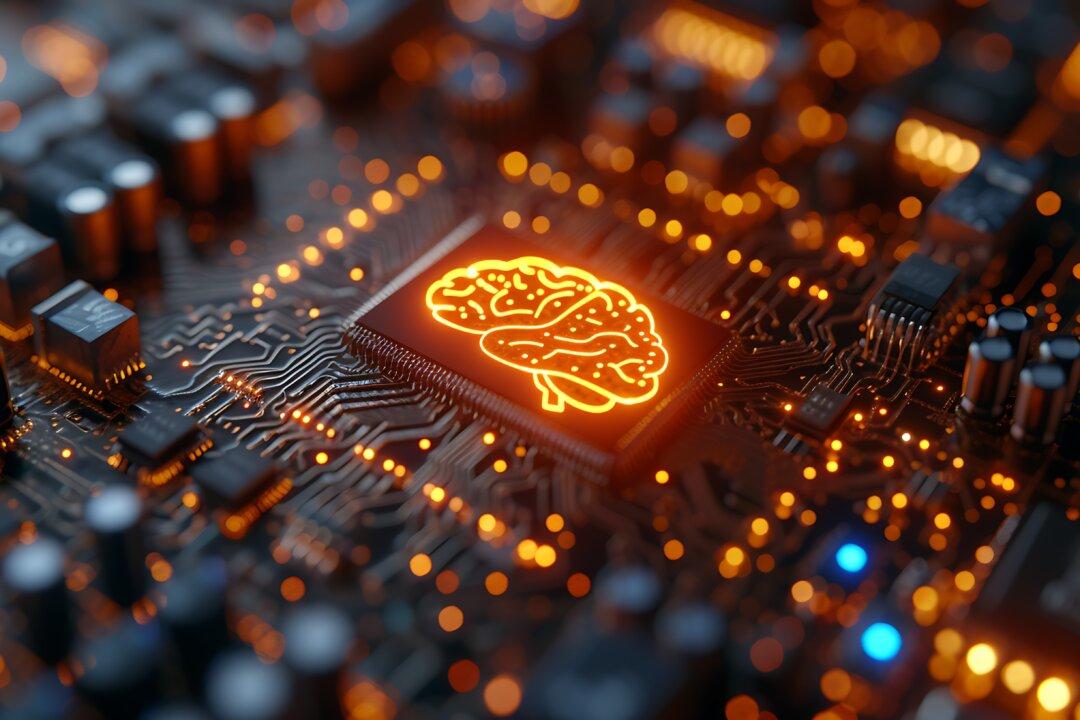When people ask me how brain imaging can affect mental health care, I tell them about one of my favorite patients, Jarrett. As a little boy, he was hyperactive, restless, impulsive, and highly vocal, and he wouldn’t pay attention. His behavior was so disruptive that other kids didn’t want to play with him, and he didn’t have a single friend. Diagnosed with ADHD as a preschooler, Jarrett seemed to be on a bad path, and his parents were distraught.
Jarrett’s parents took him to five different doctors, who prescribed five types of stimulant medications for ADHD. But none of them worked. In fact, they made things worse by triggering extreme mood swings and episodes of rage that frightened his siblings. Jarrett’s conduct got so out of control that one physician suggested antipsychotic medication. That was the last straw for his mother, who decided to bring Jarrett to see us at Amen Clinics, which I founded over 30 years ago.



